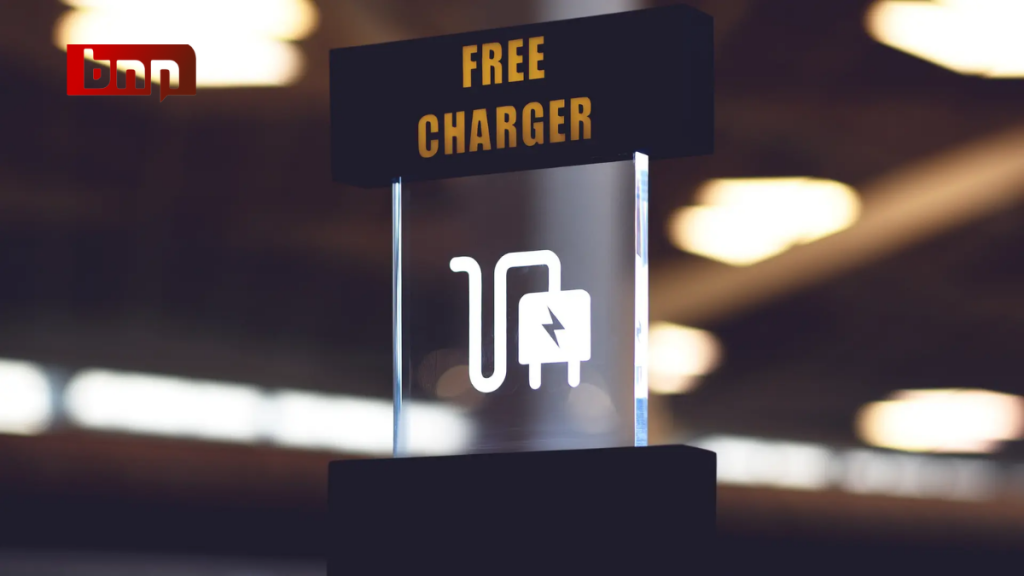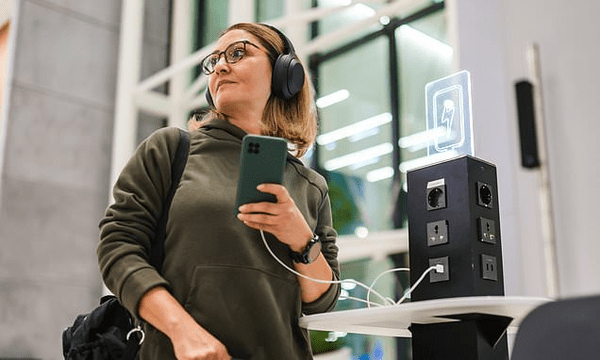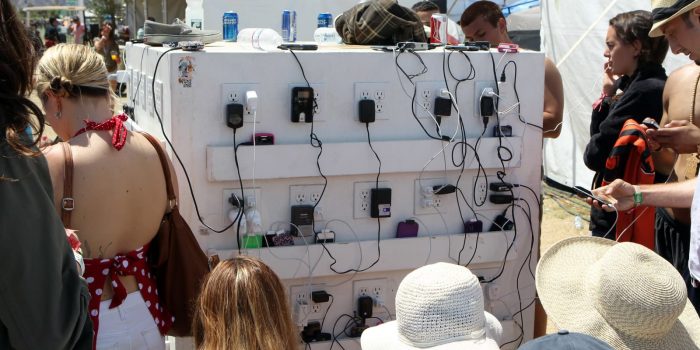The Federal Bureau of Investigation (FBI) has issued a warning to consumers against using public phone charging stations due to the risk of malware infection and unauthorized access to devices. In a recent tweet from the FBI’s Denver field office, it was advised to avoid using free charging stations in airports, hotels, or shopping centers, as cybercriminals have found ways to introduce malware and monitoring software onto devices through public USB ports.
The technique used by cybercriminals is known as “juice jacking.” By compromising the USB cables at public charging stations, hackers can gain access to users’ phones, tablets, or computers, allowing them to steal usernames, passwords, and other sensitive information. The Federal Communications Commission (FCC) has also been warning about juice jacking since 2021, highlighting the risks associated with using public charging stations.

While the FBI and FCC have not cited any specific instances of consumer harm from juice jacking, the warnings serve as a precautionary measure to protect consumers from potential cyber threats. The FBI’s advisory recommends that users carry their own chargers and USB cords, and use electrical outlets instead of public charging stations whenever possible.
In today’s digital age, where personal information is stored on smartphones and other devices, the threat of cyber attacks is a significant concern. Cybercriminals are constantly developing new techniques to exploit vulnerabilities in technology, and public charging stations can be an easy target. These stations are often unsecured, and users may unknowingly connect their devices to compromised USB cables, leaving their personal data at risk of being stolen or misused.

To protect themselves from potential juice-jacking attacks, users should be cautious when using public charging stations. It is advisable to use electrical outlets instead of USB ports whenever possible and to carry their own chargers and cords to avoid using public ones. Users should also be vigilant about the security of their devices, keeping their software and antivirus programs up to date, and avoiding clicking on suspicious links or downloading unknown apps.
In conclusion, the FBI’s warning against using public phone charging stations is a timely reminder for consumers to be cautious about the security of their devices. Juice jacking is a real threat that can compromise personal information and lead to potential cyber-attacks. By taking simple precautions and avoiding the use of public charging stations, users can better protect themselves from falling victim to such attacks and safeguard their personal data.


